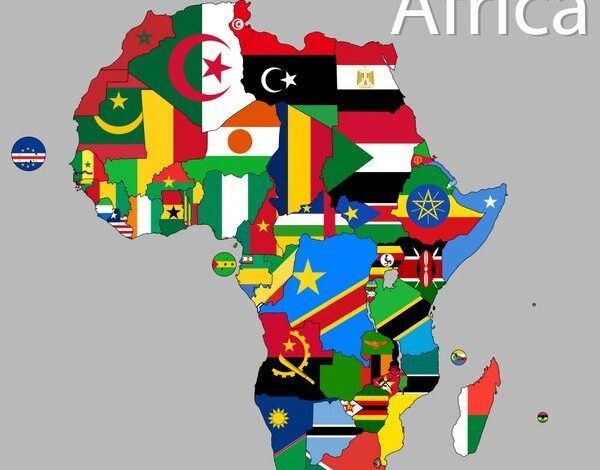
By: Ali Syarief
In an increasingly interconnected world, the language we use carries more weight than ever before. When someone says, “I’m going to Africa,” it may sound harmless on the surface. However, from a cross-cultural standpoint, this seemingly simple phrase reveals deeper issues of generalization, lack of cultural awareness, and the persistence of colonial-era narratives. Africa is not a country. It is a vast, vibrant, and incredibly diverse continent made up of 54 unique nations, each with its languages, histories, economies, and cultural landscapes.
Just as no one would say “I’m going to Asia” without specifying a country—whether it’s Japan, India, or Indonesia—it is equally essential to be specific when referring to travel within Africa. Why does this matter? It matters because of diversity, respect, and accuracy.
Diversity: A Continent of Contrasts
Africa is home to over 1.4 billion people, thousands of ethnic groups, and more than 2,000 languages. The diversity is staggering: from the digital innovation ecosystems in Lagos, Nigeria, to the wine valleys of South Africa, the pyramids of Egypt, the wildlife plains of Kenya, the Swahili coast of Tanzania, and the vibrant marketplaces of Morocco. No one narrative can encapsulate the complexity and richness of African experiences. To refer to “Africa” as a single destination is to flatten this rich diversity into a one-dimensional image, one that often aligns with outdated Western imaginations of a monolithic continent defined by poverty, conflict, and safari landscapes.
Respect: The Language of Recognition
Using precise language shows respect. When we lump all African countries together, we risk reinforcing harmful stereotypes and continuing a legacy of colonial thought that viewed Africa as a blank space on the map—a singular “other” to be explored, conquered, or saved. Today, we must do better. Acknowledging countries by name—whether it’s Rwanda, Senegal, or Ethiopia—affirms their sovereignty, dignity, and individuality. It recognizes the agency of people whose cultures are often misrepresented or ignored in global narratives. Language shapes perception, and perception shapes policy, behavior, and even empathy.
Accuracy: Precision Matters
When you say you’re going to France, no one assumes you might be heading to Germany. Why, then, do so many people feel comfortable saying “Africa” without specification? From a practical standpoint, precision matters. South Africa and Sudan are not interchangeable; neither are Ghana and Gabon. Each has a unique story, a distinct government, a particular economic structure, and a proud cultural heritage. Saying where exactly you’re going not only avoids confusion but also signals that you’ve taken the time to learn something about your destination. That alone can go a long way in building bridges of understanding and mutual respect.
Toward a More Thoughtful Global Citizenry
Changing how we speak about Africa is not about political correctness—it’s about fostering global awareness. It’s about moving beyond lazy language and embracing the complexity of our world. In a time when decolonizing narratives is more important than ever, specificity is a form of resistance against ignorance. As cross-cultural travelers, journalists, educators, or global citizens, we owe it to the people we talk about—and talk to—to be better informed, more respectful, and more precise.
So, the next time you’re booking a trip, sharing a travel story, or simply engaging in a conversation, pause and ask yourself: Am I honoring the depth of where I’ve been or where I’m going? If you’re visiting Nairobi, say Nairobi. If you’re exploring the streets of Accra, say Accra. Because every name tells a different story—and every story deserves to be told right.



